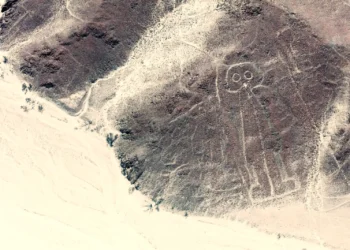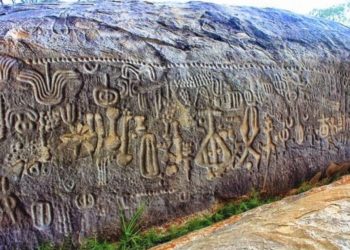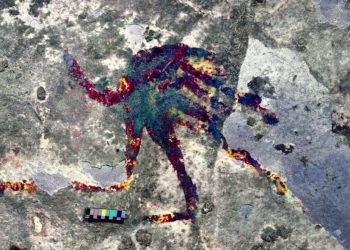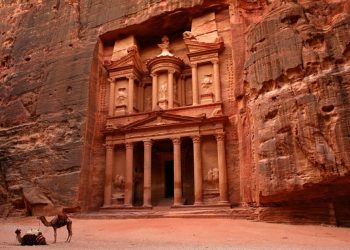Human civilization stands at a critical juncture, one where the path forward could lead to an unprecedented leap in societal evolution—or a devastating regression into authoritarianism. This dual possibility has been extensively analyzed by investigative journalist and academic Nafeez Ahmed, who argues that we are at the threshold of a transformative era he describes as “networked superabundance.” However, this potential future is precariously balanced against escalating global challenges, including the rise of nationalist populism and a faltering industrial order.
Ahmed’s research delves into the cyclical nature of civilizations, which he categorizes into four distinct phases: growth, stability, decline, and transformation. According to his analysis, industrial civilization has entered its decline phase, marked by the unsustainable exploitation of fossil fuels, environmental degradation, and increasing socio-economic inequalities. However, this phase also presents an opportunity for transformation—one driven by rapid advancements in renewable energy, transportation, food systems, and artificial intelligence.
Solar photovoltaics, wind turbines, and battery storage technologies, for instance, are not only becoming more affordable but are also being adopted at exponential rates. Similarly, innovations in cellular agriculture, electric vehicles, and computer processing are poised to revolutionize their respective fields. Together, these developments could give rise to a decentralized, sustainable system that Ahmed describes as “networked superabundance,” where humanity’s energy, food, and knowledge needs are met without depleting the planet’s resources.
The Perils of Resistance to Change
Despite the promise of this transformative future, Ahmed cautions that the transition is far from guaranteed. The decline of the fossil fuel industry and the rise of disruptive technologies are destabilizing traditional power structures, particularly those reliant on centralized, hierarchical governance. This dissonance between the old industrial operating system and the emerging decentralized paradigm has already triggered significant political and cultural upheavals.
Ahmed identifies the rise of authoritarianism and far-right populist movements as critical threats to this transition. Policies that prioritize fossil fuel interests over clean energy, coupled with the centralization of power along ethnonationalist lines, risk derailing progress. For instance, Ahmed highlights the potential dangers posed by political leaders who seek to undermine renewable energy initiatives in favor of outdated industrial systems.
“The choices we make today will determine whether humanity takes the next great evolutionary leap or falls into collapse,” Ahmed warns. His research underscores the need for collective action, responsible governance, and an inclusive approach to harnessing new technologies. Without these, the very advancements that could propel humanity forward might instead exacerbate inequalities and environmental destruction.
Still, Ahmed remains cautiously optimistic. He envisions a future where humanity embraces distributed systems that not only ensure resource abundance but also safeguard the planet’s ecological balance. Achieving this vision, however, will require a fundamental shift in how we govern, innovate, and cooperate globally.
The question remains: will humanity rise to the occasion, or will we succumb to the forces of division and regression?











